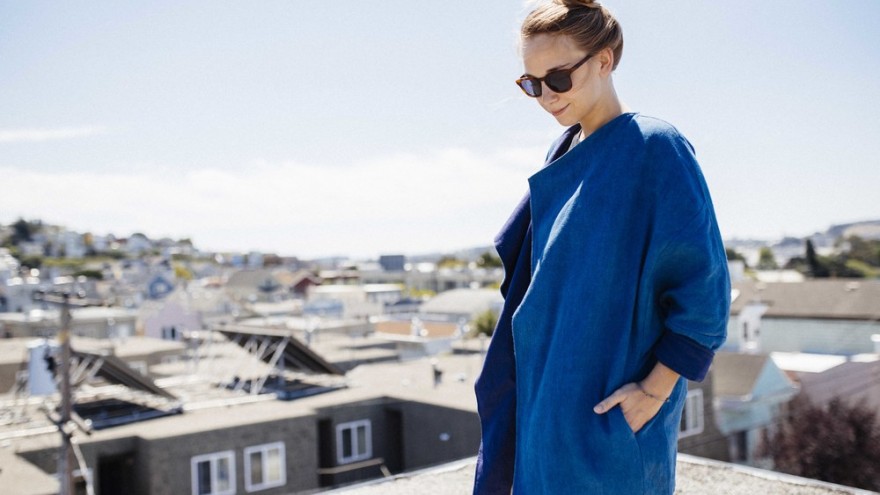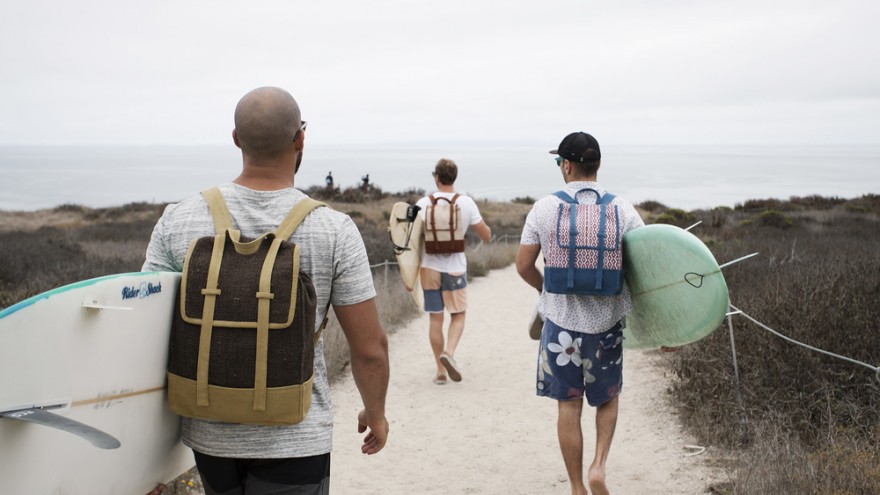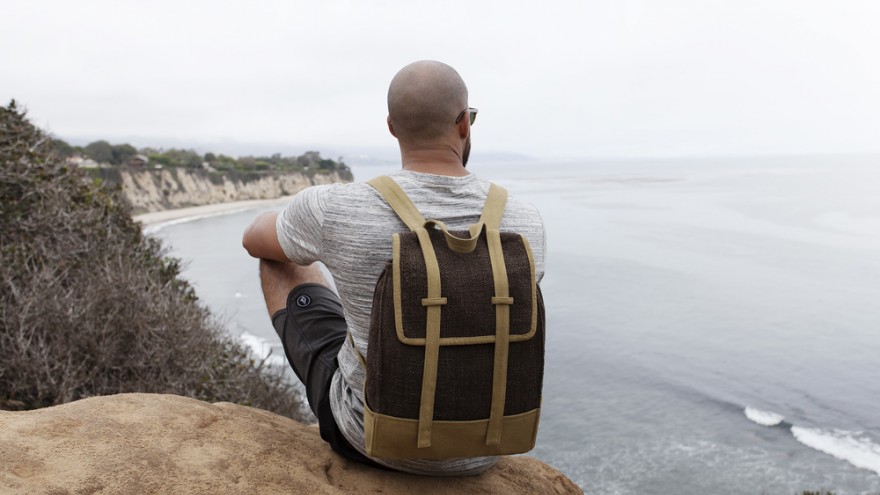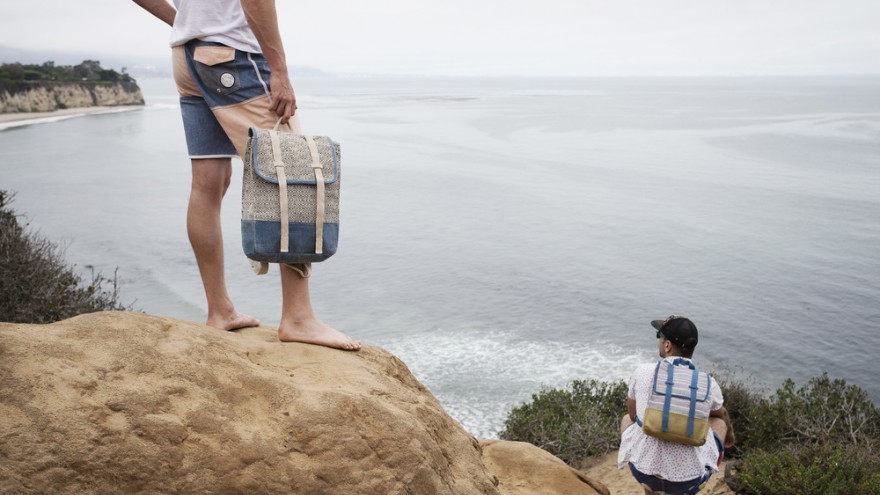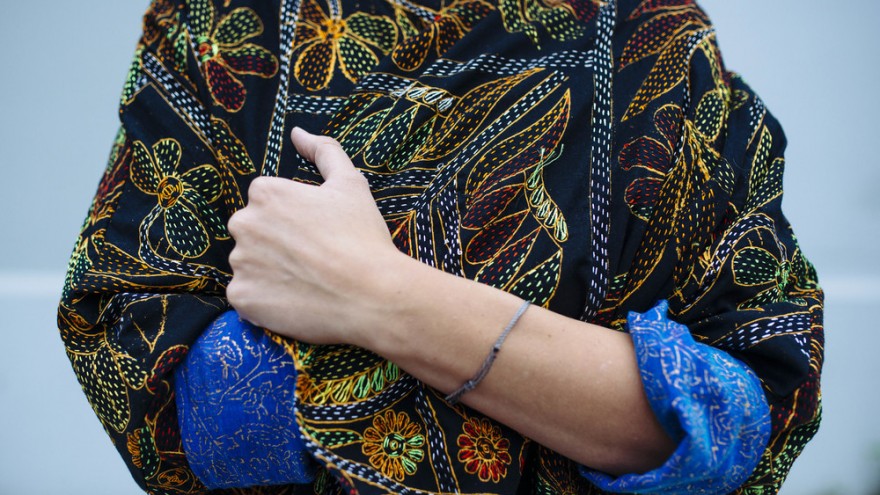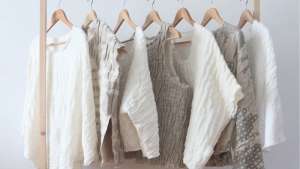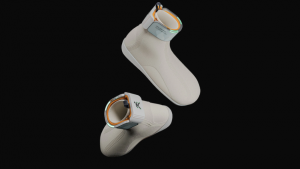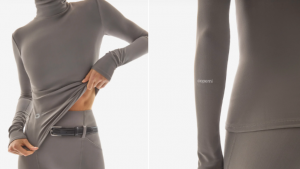From the Series
An ethical supply chain could be a reality for the fashion industry, says Luke Swanson. He founded the Tripty Project alongside Brooke McEver. The Bangladesh-based fashion line teamed up with local artisans and farmers to create an eclectic range made of pineapple leaves and other locally sourced materials. Although it is still a small company, it is focussed on a human-centred business model that puts empowerment at its core.
Speaking to Eccoterre, Swanson said the company works with embroidery groups and indigenous populations to guard against human trafficking by providing them with support and employment. They also teach vulnerable individuals to know and fight for their rights. The materials with which they create fabrics are sourced from local farmers. In particular, the pineapple leaves are bought from farmers who would have otherwise had to pay to have their agricultural waste removed.
“Our Cotton is grown by indigenous villagers in small batches inside their seasonal food crops without chemicals or watering of any kind,” adds the company.
The company creates clothing and accessories from the reclaimed material. It shreds, spins, naturally dyes, and weaves the leaves into canvas-like textiles that it then uses in its range.
The Tripty line creates garments through upcycling. The company makes its linings using old Sari provided by the women who work for the company. Trims are sourced from the second hand market in Old Dhaka where items destined for a landfill can be salvaged and repurposed.
All waste from the production processes are recovered and used to make trims or paper, making Tripty’s items zero waste.

